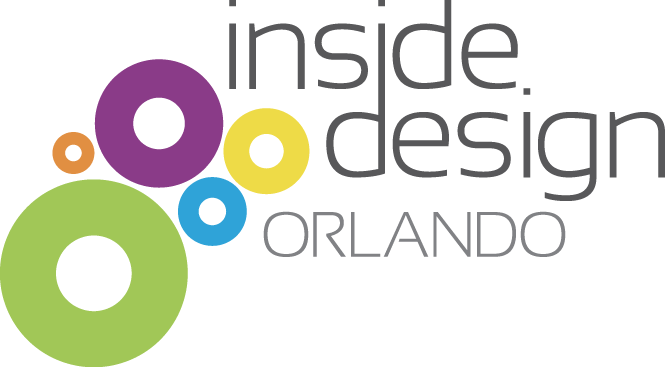 You’ll find many choices as you embark on the journey to a new re-design of your website in 2013. Some of the choices available this year include Joomla, WordPress and Drupal platforms. CMS stands for “Content Managed Software.” Custom design work is different and is developed as a one of a kind project using html and CSS methods. A novice can purchase a pre-themed CMS site and have it operational within a day or two. However customization requires in-depth knowledge of php, html and CSS programming languages.
You’ll find many choices as you embark on the journey to a new re-design of your website in 2013. Some of the choices available this year include Joomla, WordPress and Drupal platforms. CMS stands for “Content Managed Software.” Custom design work is different and is developed as a one of a kind project using html and CSS methods. A novice can purchase a pre-themed CMS site and have it operational within a day or two. However customization requires in-depth knowledge of php, html and CSS programming languages.
CMS templates with functionality included:
We recommend WordPress for small businesses that have a limited budget since they seem to be more user-friendly for our clients. However, whatever theme you choose will define the overall look and feel of the site. As the old saying goes, “you get what you pay for.” The theme you choose is also available to others and you do stand the chance of looking like other sites. The functionality of the theme is what you are stuck with. Some of these sites (many Drupal themes) look outdated even though they offer additional functionality. Larger businesses sometimes choose the Drupal platform which is more about the functionality of the site and not so much about the aesthetics. Drupal platform use has a larger learning curve and requires more skill to operate. This should be kept in mind as you make your choice. If you have an IT professional on your staff however, this may not be a problem and Drupal may be your perfect choice.
Some hosting companies offer a set up for Drupal, Joomla and WordPress and will install a data base for you. If you are a small start-up company this might be a good choice since you’ll save money with this do it yourself approach. But beware, if you are not familiar with programming methods, you will need to spend many hours learning and developing your site. Consider the time spent versus the time you’ll be taken away from your normal activities. If you intend to use the advanced functionality of a CMS purchased template, you should also know that there is a steep learning curve for most advanced features. Included in CMS templates is a great deal of additional code which you will never use if you are only a novice. Since this additional code must be downloaded each time the site is viewed, it could slow down the page load time as well.
The advantages of custom design outweighs CMS design for most clients!
 If you are concerned with aesthetics, you might consider a custom site rather than a CMS site. With custom design, we are able to be as creative as we like and develop the client’s site as a vision of his uniqueness. We are not restricted by optimization limits and the sky is the limit for us as designers. We are also free to program and add only the functionality that is required by the individual company. If your budget allows for a professional custom site rather than choosing a CMS template, we suggest this might be the best alternative. The code included in custom work is only the code necessary to run the site efficiently. This saves on page download time and offers the viewers a more pleasing and user-friendly browsing experience.
If you are concerned with aesthetics, you might consider a custom site rather than a CMS site. With custom design, we are able to be as creative as we like and develop the client’s site as a vision of his uniqueness. We are not restricted by optimization limits and the sky is the limit for us as designers. We are also free to program and add only the functionality that is required by the individual company. If your budget allows for a professional custom site rather than choosing a CMS template, we suggest this might be the best alternative. The code included in custom work is only the code necessary to run the site efficiently. This saves on page download time and offers the viewers a more pleasing and user-friendly browsing experience.
Blogging is necessary for site traffic to be maintained:
Since most site owners realize that blogging is the best way to gain readership and new web traffic, we always include a blog platform on each custom site. We prefer WordPress for custom blog platforms since it is easy to use, and we find it to be more streamlined and efficient when compared to Joomla and Drupal.
Conclusion:
Do your due diligence when researching the best platform for your needs and read as much as you can about each platform to make an informed choice. Contact our office to set up a brief consultation to discuss your vision for the future. We look forward to meeting with you and appreciate every opportunity to serve you.
Happy fall ahead and hurry back for more news from the Design Wizards at Inside Design Orlando.
Article by: Jean Holland-Rose
Chief Creative Officer and SEO Specialist
.


